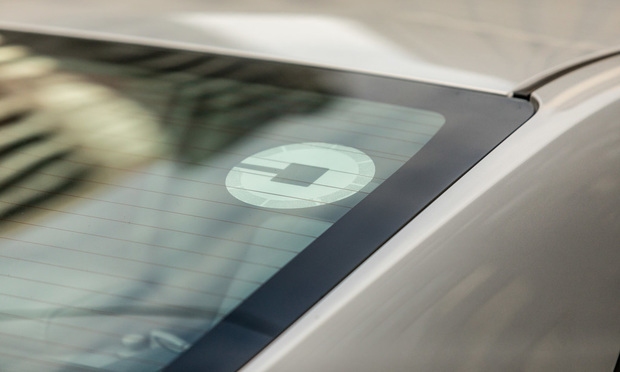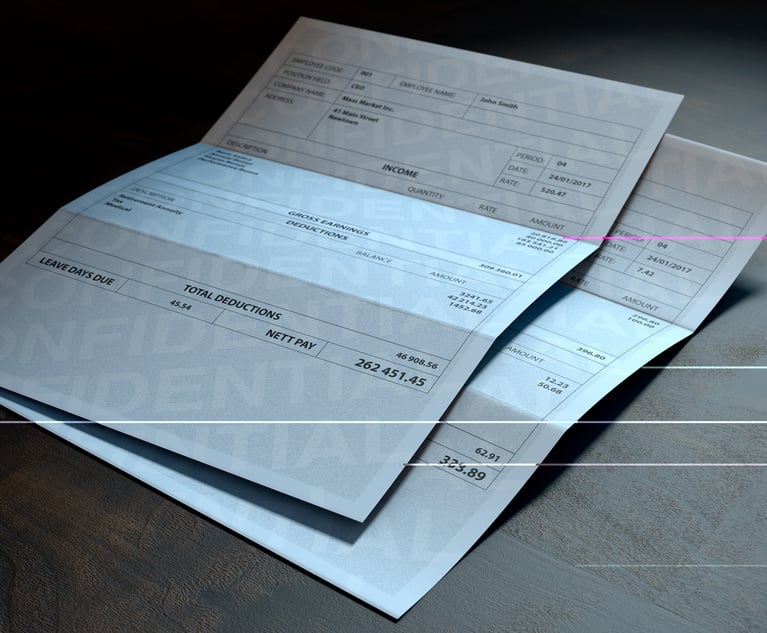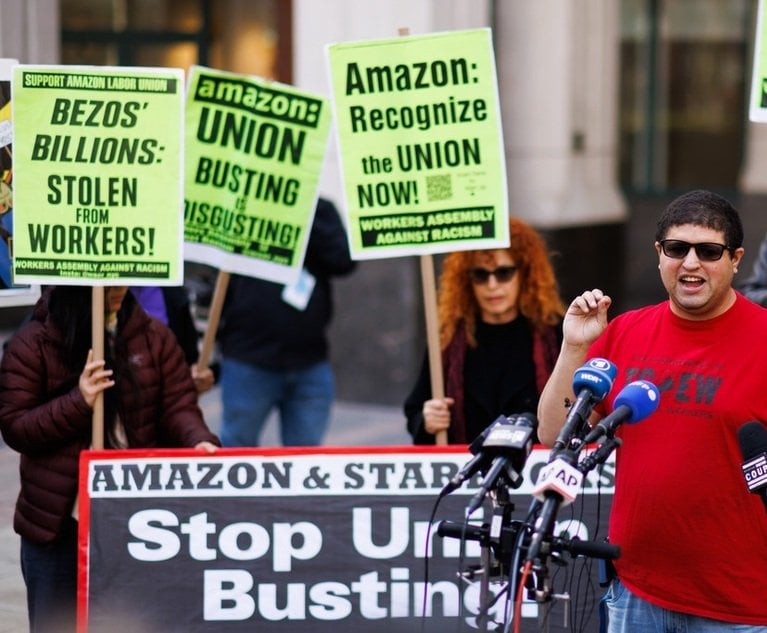Pending before the New Jersey Office of Administrative Law is Uber Technology’s appeal from the $650,000 fine assessed by our Department of Labor and Workforce Development for classifying its drivers as independent contractors instead of employees. The issue is of national importance because of the rise of what is known as the “gig economy,” in which part-time workers are classified as independent contractors in order for the employer to avoid wage and hour, unemployment compensation, workers’ compensation and occupational safety obligations. Revenue losses to the states can be substantial. It has been reported that in California, the difference between classifying ride share drivers as employers or independent contractors meant a difference of $400 million per year in unemployment compensation taxes.
Most states, including New Jersey, have replaced the common law definition of an employee with what has been called the “ABC” test. A person providing labor or services for remuneration is deemed an employee, not an independent contractor, unless the hiring entity demonstrates that all three of the following conditions are met: (A) The individual has been and will continue to be free from the control or direction over the performance of work performed both under contract and in fact; (B) The work is either outside the usual course of the business for which such service is performed and outside of all the places of business of the enterprise for which such service is performed; and (C) the individual is customarily engaged in an independently established trade, occupation, or business. See N.J. Stat. 43:21-19(i)(6). The statute is for the benefit of the worker and is therefore construed in his/her favor in most states.


 Uber car. Photo: Jason Doiy / The Recorder
Uber car. Photo: Jason Doiy / The Recorder




